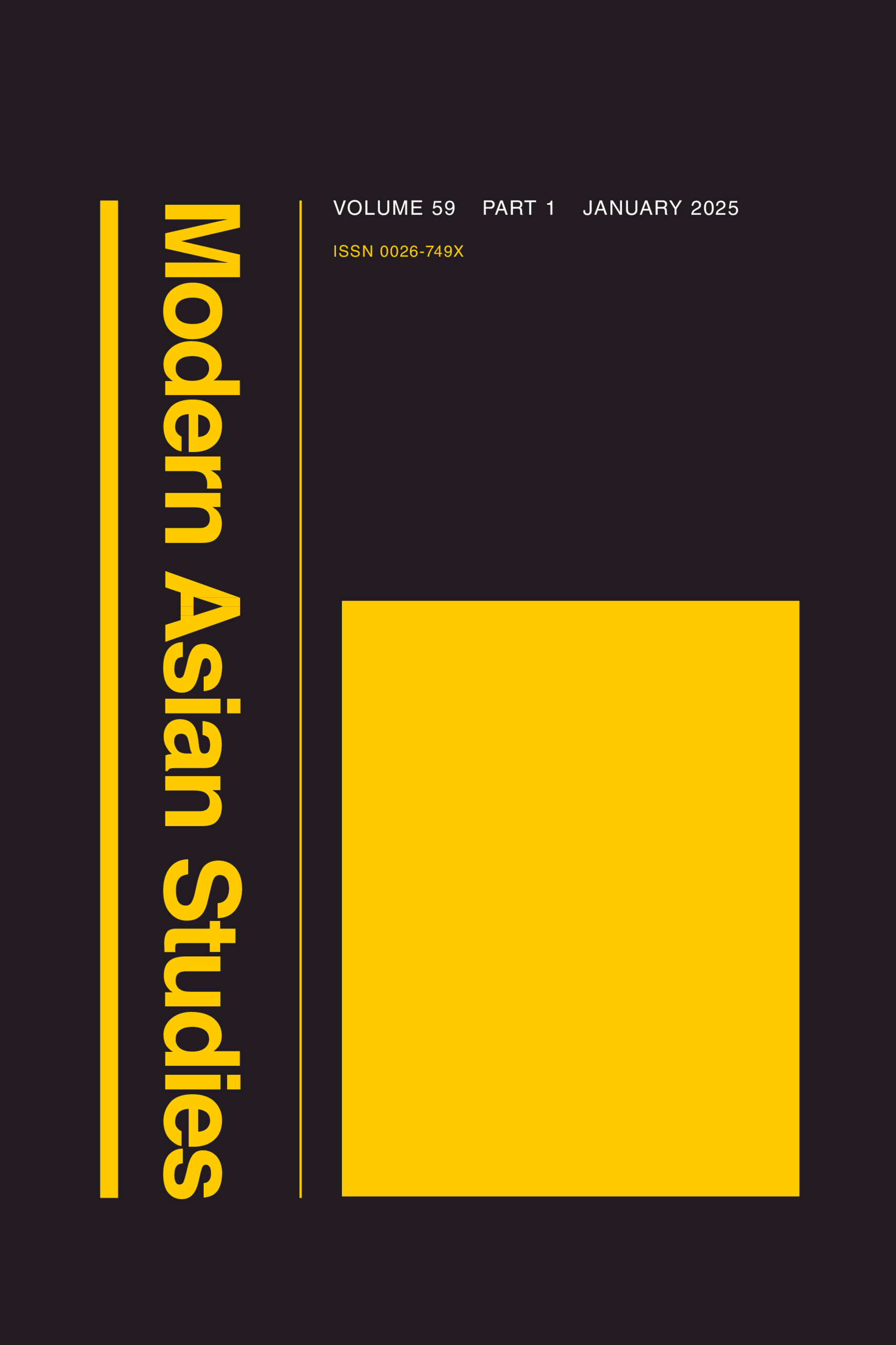Recent discussions among historians, jurists, and political scientists have increasingly centred on the effectiveness of the Laws of Armed Conflict in safeguarding legally protected groups such as civilians and prisoners of war. Central to this debate is the question of how a state’s public commitment to international law aligns with the actual conduct of its armed forces in combat zones. This article contributes to the discourse by examining the Boxer War in China (1900–1901), during which seven Western powers and Japan opposed an anti-foreign Chinese sect supported by military forces loyal to the Qing court. The analysis focuses on the legal stance of five key members of the anti-Boxer coalition—Germany, the United States, Great Britain, Russia, and Japan—and evaluates the conduct of their troops towards Chinese civilians and prisoners. Particular attention is given to Japan, offering insights into how the application of the international laws of war is shaped not only by the expectations of belligerents and their adversaries, as prominent scholars have suggested, but also by the dynamics among allies, including competition, as well as by each belligerent’s unique history and cultural context. This nuanced perspective highlights the interplay of legal commitments, alliance politics, and national identity in determining the behaviour of military forces during wartime.

